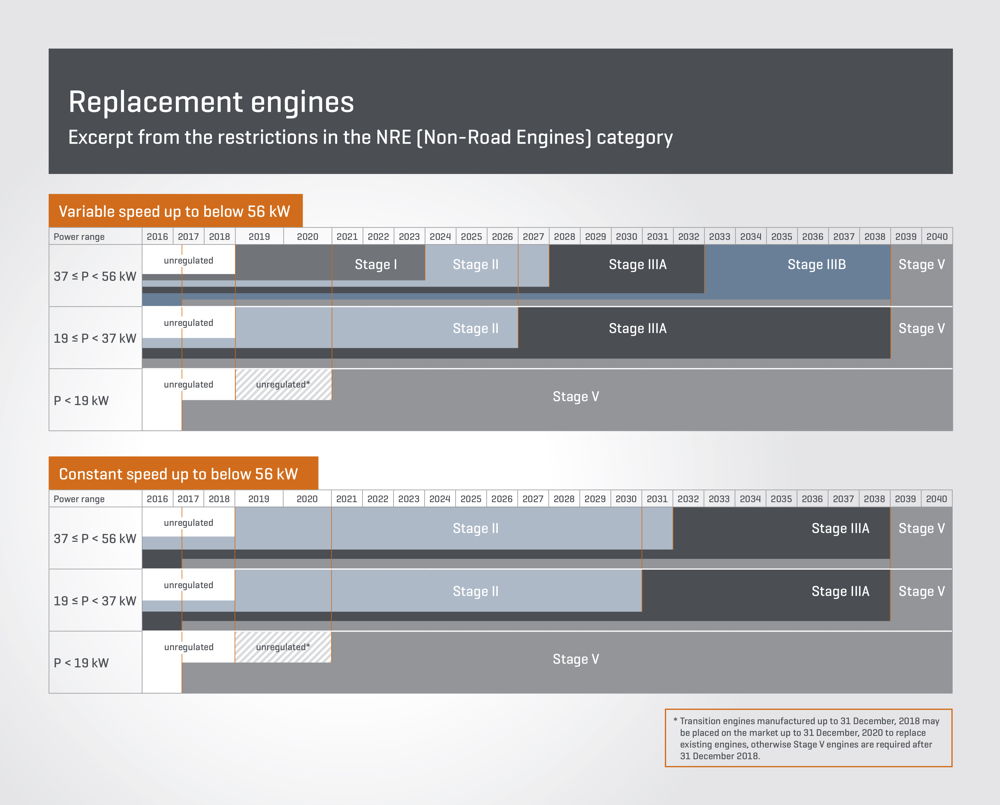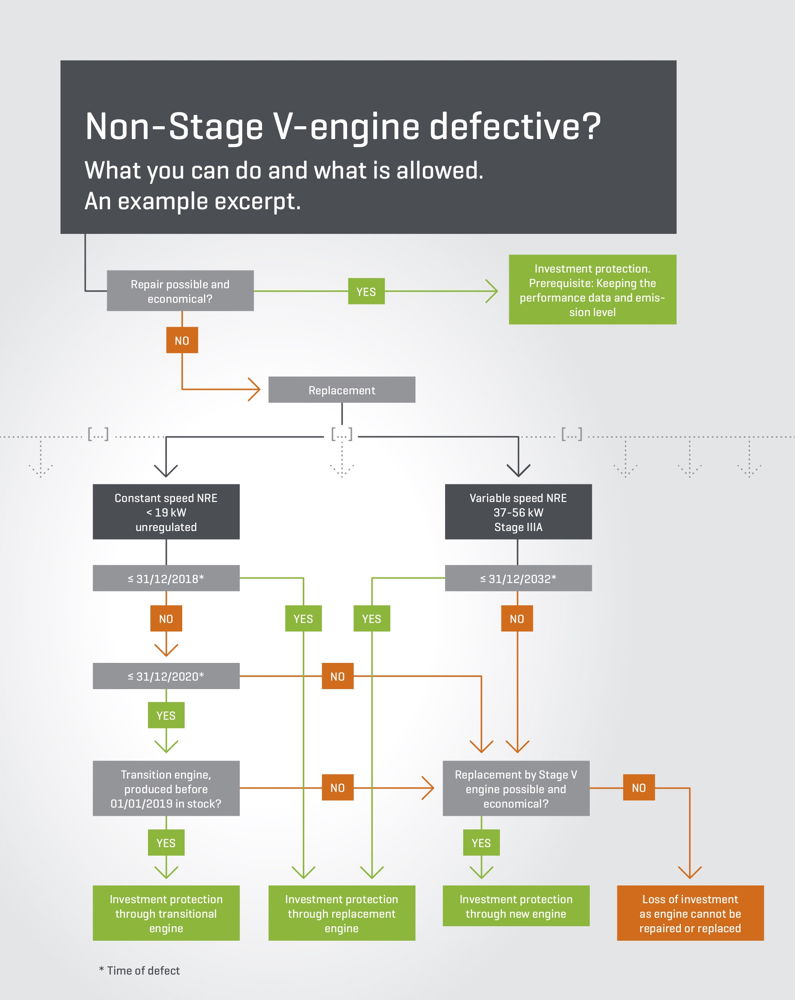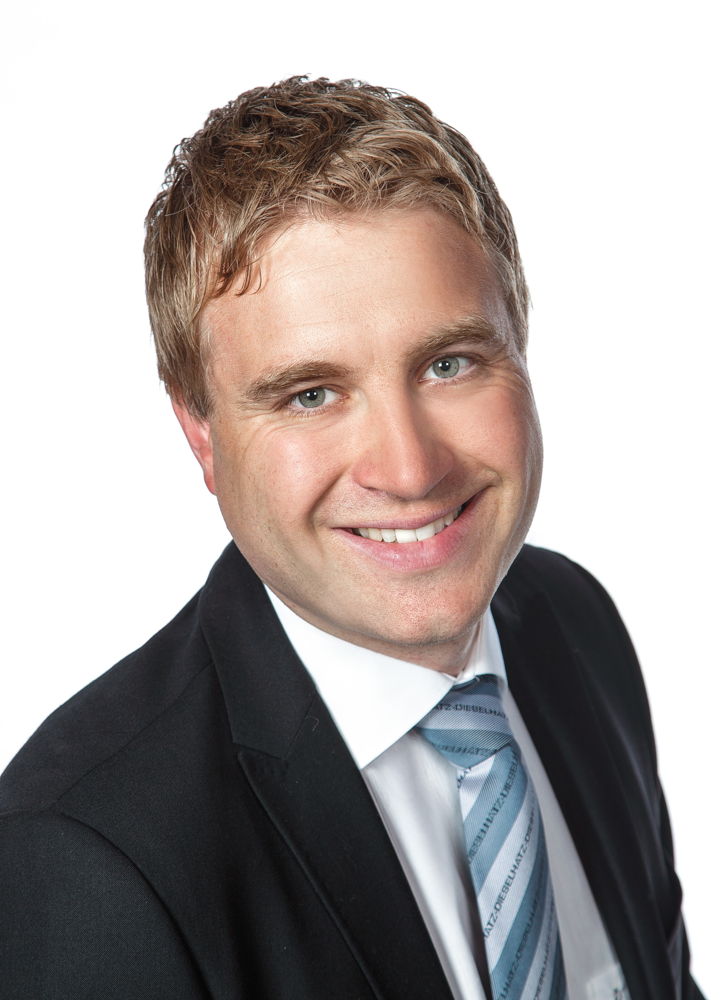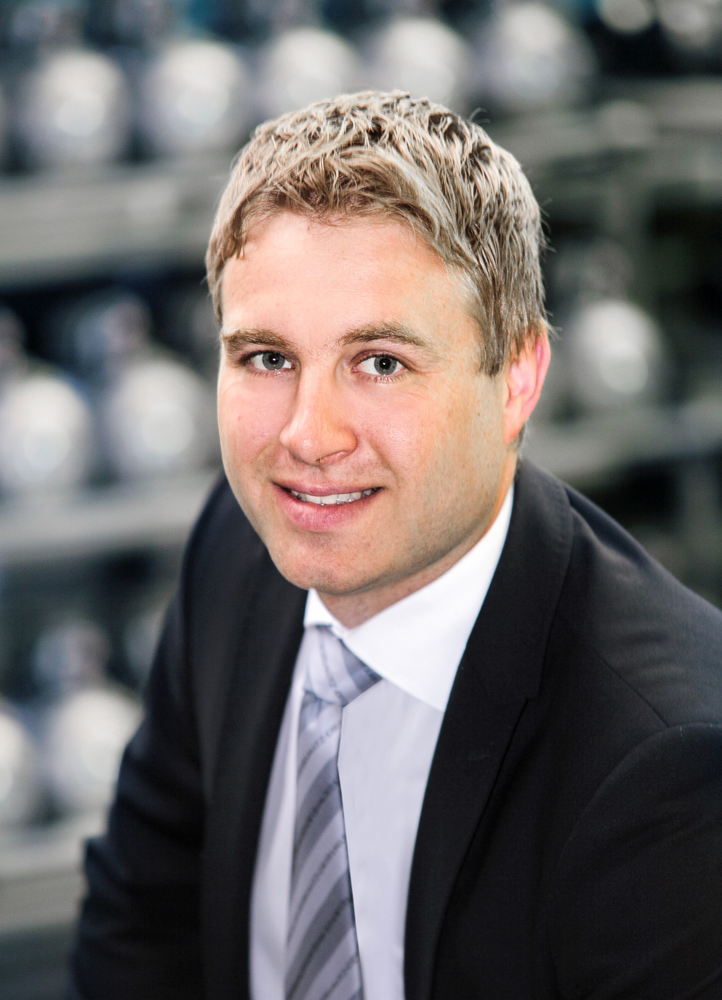EU Stage V (Part 3) – Repair and replacement of older engines
The first two articles of the three-part series on EU Stage V covered engine categories and the transition phase. The third part deals with the repair of older machines, replacement engines and the individual regulations.
20 March 2018
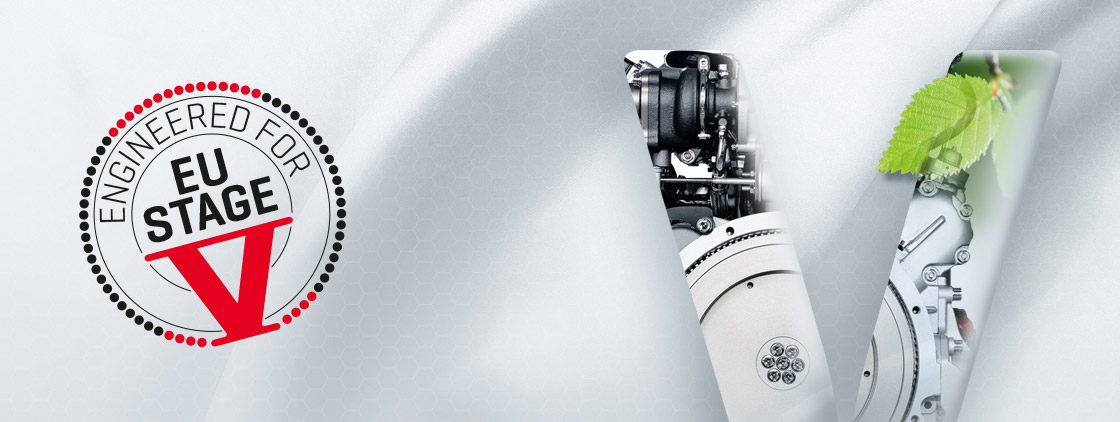
The EU Stage V emissions standard regulates which engines may be used for which categories or machines from 1 January, 2019. A variety of categories have been established to determine exactly which engines may be used for which EU Stage V application.
In addition, the legislator has granted transitional periods during which both engine manufacturers and machine manufacturers can adapt their production lines and sales to the new regulations. During this phase, transition engines are permitted, which will be built with a special certificate until 31 December, 2018 and, in some instances, may be installed in machines until 2022. After the transitional regulation, only EU Stage V engines are permitted. But what happens to non-EU Stage V engines that are in stock or to older non-EU Stage V compliant machines that require engine repair or even replacement?
Repair of older engines
Machines that are in use are subject to wear and machines that are used very little require spare parts from time to time due to long service lives and ageing processes. Since the service life of many machines extends far beyond the deadline of EU Stage V on 1 January, 2019, repairs to the engines must also be taken into account in the regulation. The EU Stage V standard naturally permits the repair of older machines or their engines. All repairs may be carried out and the operating permit remains valid. The only requirement is that, after the repair – no matter what spare parts are used – compliance with the original emission level is still guaranteed. It is therefore advisable to carry out a repair with original parts from the engine manufacturer. The major engine manufacturers will guarantee the spare parts for as long as possible. Hatz offers its customers a spare parts availability of at least ten years.
Replacement engines are allowed, but ...
Of course, engines may also be replaced. As in the case of repairs, they must meet or exceed the emission requirements of the original engine. Now some machine manufacturers may think that this means everything is fine and that there is a simple and clear regulation for replacement engines. Unfortunately, it's not as simple as that because, in some cases of engine replacement, special characteristics need to be considered.
One of the challenges is for machines with engine power outputs of less than 19 kilowatts. These engines are installed in a large number of machines, including mini-excavators, forklifts, lifting platforms, mobile power generators or pump sets to name but a few. In the past, these engines were not subject to a dedicated emission stage, i.e. they were not classified in a particular regulation. Under the new EU Stage V Regulation, engines in these machines may only be replaced by a replacement engine until 31 December, 2018. After this period has expired, replacement is only possible with transitional engines. However, this replacement option is also limited until 31 December, 2020. After that, replacement is only permitted using EU Stage V compliant engines. In the case of an engine replacement, the question for machine operators is how long the life cycle of the machine will be and whether an EU Stage V engine could make sense instead of a transitional engine.
Another special characteristic for replacement engines is regulated for the NRE (Non Road Engines) category in the power class of 19 to 560 kilowatts. For this category, the market placement of replacement engines is limited to 20 years after the end of the respective EU emission stage. For example, the Stage III A regulation (97/68/EC) for variable speed engines with a power output of 37 kW to 56 kW expired on 31 December, 2012. Accordingly, NRE replacement engines of this power class may be placed on the market until 31 December, 2032.
At first glance, the 20-year regulation for the replacement of NRE engines looks as if the replacement of NRE engines would also be assured in the long term. However, for the machine operator, this limitation may in fact amount to the destruction of an investment if the engine compartment is not suitable for the installation of an EU Stage V engine. For example, in many cases the service life of a wheel loader goes far beyond 20 years. No replacement engine may be supplied or installed here after expiry of the 20-year period, even if it is placed in stock before expiry of the period.
Insert
In the second part of our series of articles the definition of the market placement was described in detail: An engine is not placed on the market until the individual unit is physically available for distribution or use within the EU. This means that it must be at least complete and operational and there must also be an offer or agreement for the transfer of ownership or possession, i.e. it must be sold or at least offered for sale.
Summary of the EU Stage V Regulation
The EU Stage V emission regulations are largely well thought out by legislators and, at first glance, provide engine and machine manufacturers with clear instructions and deadlines. The regulation is complicated by various exceptions and special regulations in the engine categories and application areas. For manufacturers of engines and machinery, EU Stage V takes a heavy toll. Enormous investments are required to design and build engines and machines that comply with emission standards. In fact, many manufacturers have reacted in time and are already in the process of conversion. It remains to be seen, however, what will happen after the transition periods, which companies will be able to cope well with the high investments and how the EU and global markets will accept the inevitably more expensive engines and machines in the medium term.
Author: Bernhard Richter-Schützeneder, Head of Sales and Marketing, Motorenfabrik Hatz
